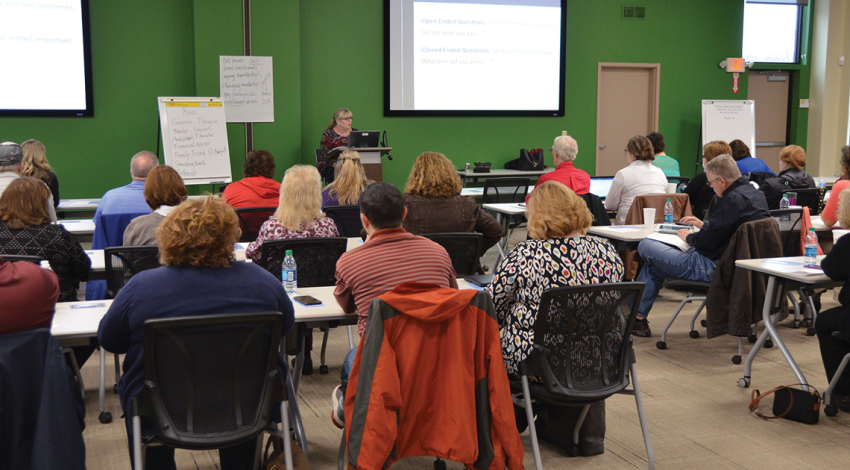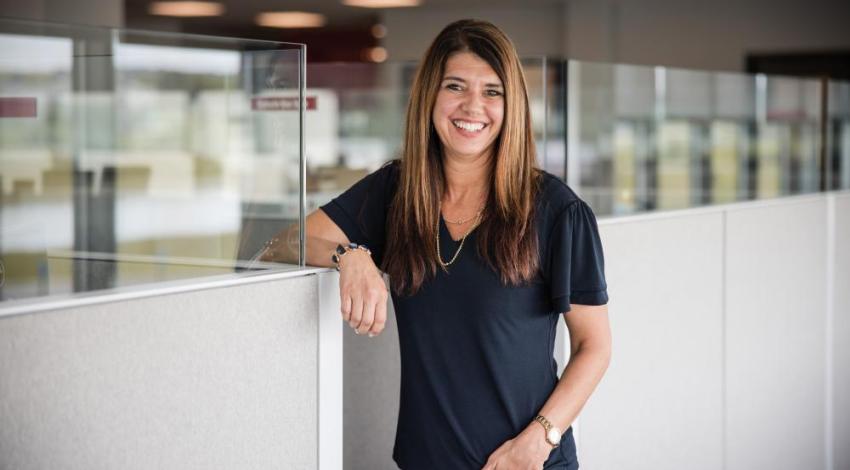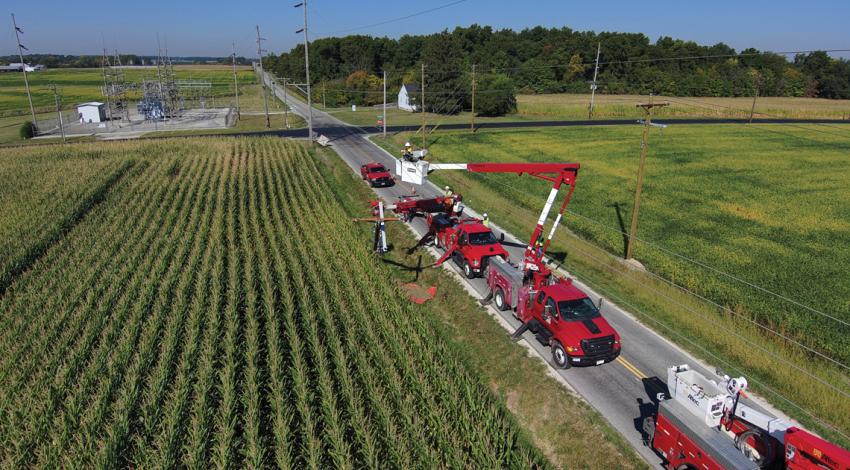cooperative employee
The integrated electric network that brings power to your home or business is a technical marvel. That network manages the flow of electrons, traveling at the speed of light, from the massive generation stations that produce them to towns and cities, to homes and businesses across the country.
Much of what makes this system work goes unnoticed. Of course, everyone sees the poles, wires, and transformers that connect every neighborhood up and down nearly every roadway, or the few large generating stations that produce the power we distribute.
The jobs most people likely think of when they consider working at the local electric cooperative either require advanced electrical engineering degrees or involve climbing poles and working in potentially hazardous conditions — which might make working for the co-op seem e
Along with the aforementioned lineworkers and engineers, most co-ops employ:
At first glance, shooting clay pigeons and working on electric power lines may not seem to have a lot in common. But Dave Salmons, who’s no stranger to either endeavor, sees some definite commonalities.
Salmons picked up the hobby about 17 years ago after visiting a local fish and game club, and quickly found it got his competitive juices flowing. Competitors walk through the woods, stopping at stations where they take aim at clay “birds” — targets mechanically thrown into the air.
Each competitor shoots 50 targets, keeping score and trying to improve over time.












